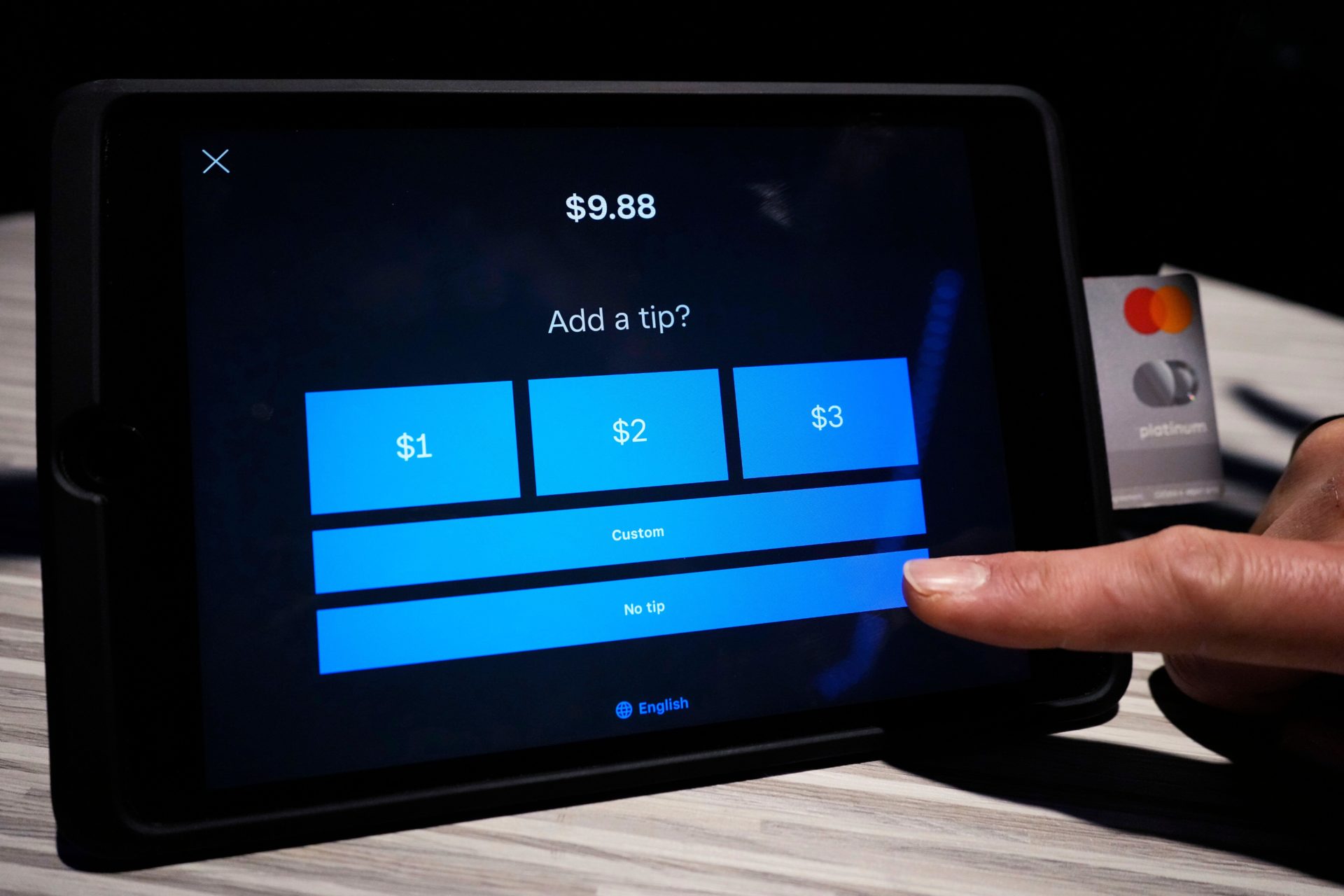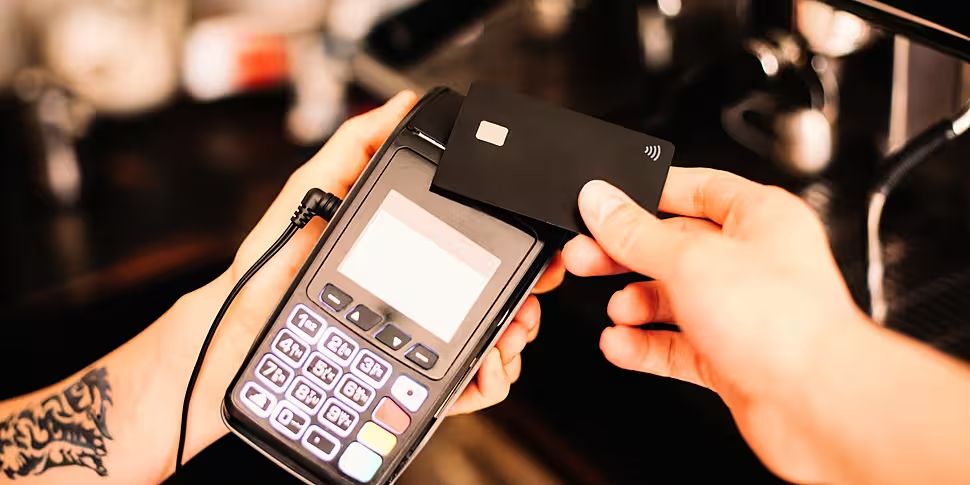Digital tipping has made people tip more – but Psychiatry Professor Brendan Kelly said they’re not doing it out of the goodness of their hearts.
A study by Forbes Advisor has found two-thirds of people give 11% more when tipping digitally upfront instead of using cash.
Prof Kelly told Newstalk Breakfast digital payments have "shifted the entire process [of paying] very considerably”.
“It has changed the amount of the tip, the relationship with giving a tip and the relationship with the server or the waiter or the waitress or whoever is asking for the tip,” he said.
“The most important shift has been from a tip being something done out of generosity to being something done out of guilt.
“It is very hard to skip over those little buttons that ask us to press with 20%, 10% or ‘skip tip’.”
He explained that tipping was often about a "feeling of control" for the customers.
“But that shift is a very big one," he said.
"The technology nudges us to tip in the first place, but also, the options as presented tend to anchor us.
"Nobody wants to pick the lowest possible percentage, nobody wants to press skip and we default to the highest option be it a 20% or 25% [tip].”
 A tipping option is displayed on a card reader tablet. Image: AP Photo/Nam Y. Huh, File
A tipping option is displayed on a card reader tablet. Image: AP Photo/Nam Y. Huh, FileThis "nudging" actually leaves customers feeling less satisfied, according to Prof Kelly.
“We tipped more when the server's smiled when they complimented us, if they crouched down to eye level to talk to us, or if they put funny little smiley faces on the bill,” he said.
“But the shift to electronic has changed that relationship because it is being pushed on to us now.
“Previously, we used to effectively say yes, we decide to tip, but now the default is to ask us, and we have to say no if we want to say no.”
Depersonalising tips
Upfront electronic tipping has “depersonalised” customer service for many, Prof Kelly said.
“You're not necessarily tipping the server that you had,” he said.
“You might be tipping people you've never met and people you never will meet and particularly in some of the large chains.
This is particularly problematic in places where managers take other tips according to Prof Kelly, as a lack of physical cash makes it easier to hide some of the money.
“Tipping is not necessarily a reliable way to reward people who served, and I think it's less reliable with the new electronic methods,” he said.
Listen back here:









